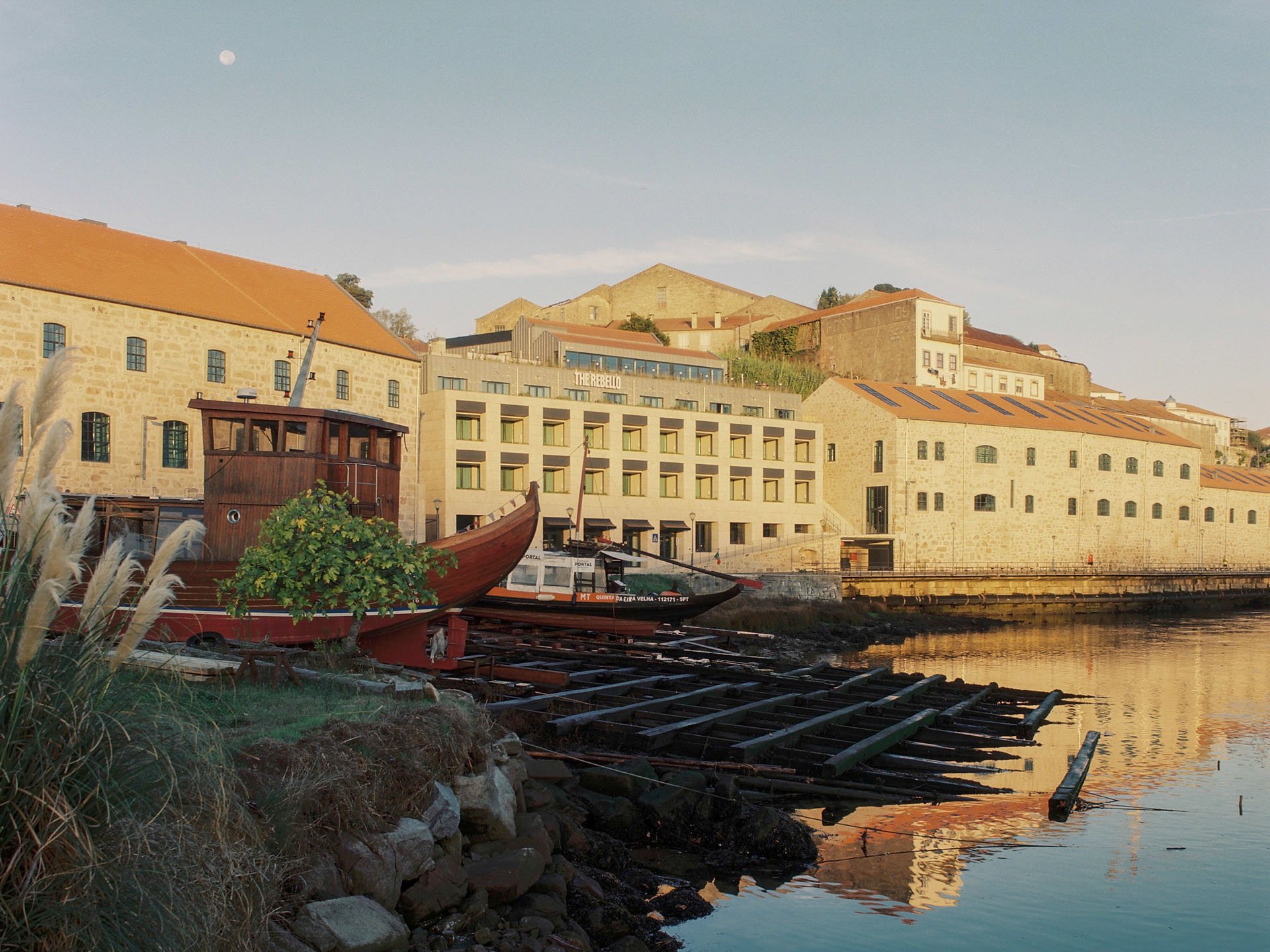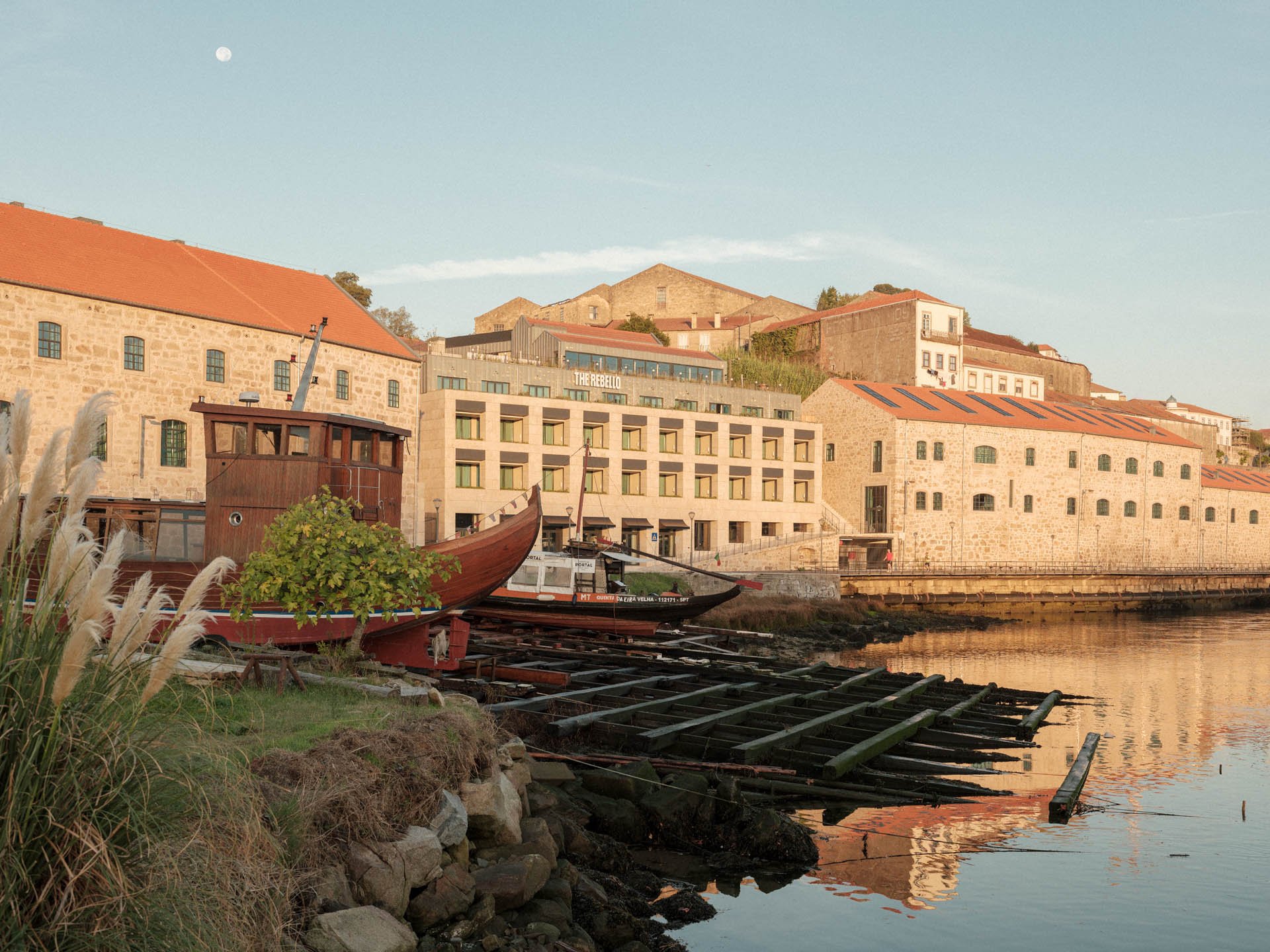Film vs Digital
Quentin Tarantino believes that the magic of cinema is connected to film. On the other hand, Roger Deakins stated that digital gives him a bigger palette to work with.
If we take the work of these two renowned directors, we can be tempted to choose a side and fall into the trap of questioning if film is better than digital. Considering that cinema is - in simple terms - photography in motion, we can elaborate on this discussion. The following are some thoughts on why I use both and believe that there is a place for digital and film.
Why is film better than digital?
Film is my first choice when I’m dedicated to personal work or when I’m traveling. I like the limitations of the medium. My film cameras are mechanical, so they demand more effort to operate since everything has a knob or switch to turn, setting a slower pace on the session. When I’m shooting film, I’m usually just carrying one lens (usually a 28mm or a 50mm), so I’m focused on a single field of view. Finally, I don't like to carry a lot of film, so I have a limited number of shots. For example, in 2022, I did a road trip from San Francisco to Las Vegas and I used a Mamiya Rb67 with a 65mm lens - I had 7 rolls of Kodak Portra 400 with me, meaning I shot 70 images during that entire trip and I’m very satisfied with the results.
Why is digital better than film?
Digital is my first go-to when I’m doing professional work. When shooting digital, I can preview my work, backup, and do edits right on set. Digital cameras are equipped with convenient tools (light meter, digital level, etc.) that speed up the shooting process. The option to set a lot of parameters in-camera (exposure, white balance, some color correction, and sharpening) greatly reduces the time working on post-production. While I do have a preference for the aesthetics of film, the whole digital process is more convenient and, in my opinion, more reliable than film (considering you are working with old film cameras like myself and experienced light leaks before). When working professionally, I value peace of mind.
It doesn't matter.
Because in the end, a good image is a good image, regardless of whether it was shot on film or digital. By accepting to participate in the “film vs. digital argument”, you are focusing on the tools to do the work and not the work itself. Instead of building on this argument, I prefer to dedicate my time to exploring film and digital mediums as much as possible so that, one day, I'm proficient enough in both to the extent that my film and digital work are equally good.
Two images made in the same place at the same time - one is digital and the other is film. Can you tell them apart?


